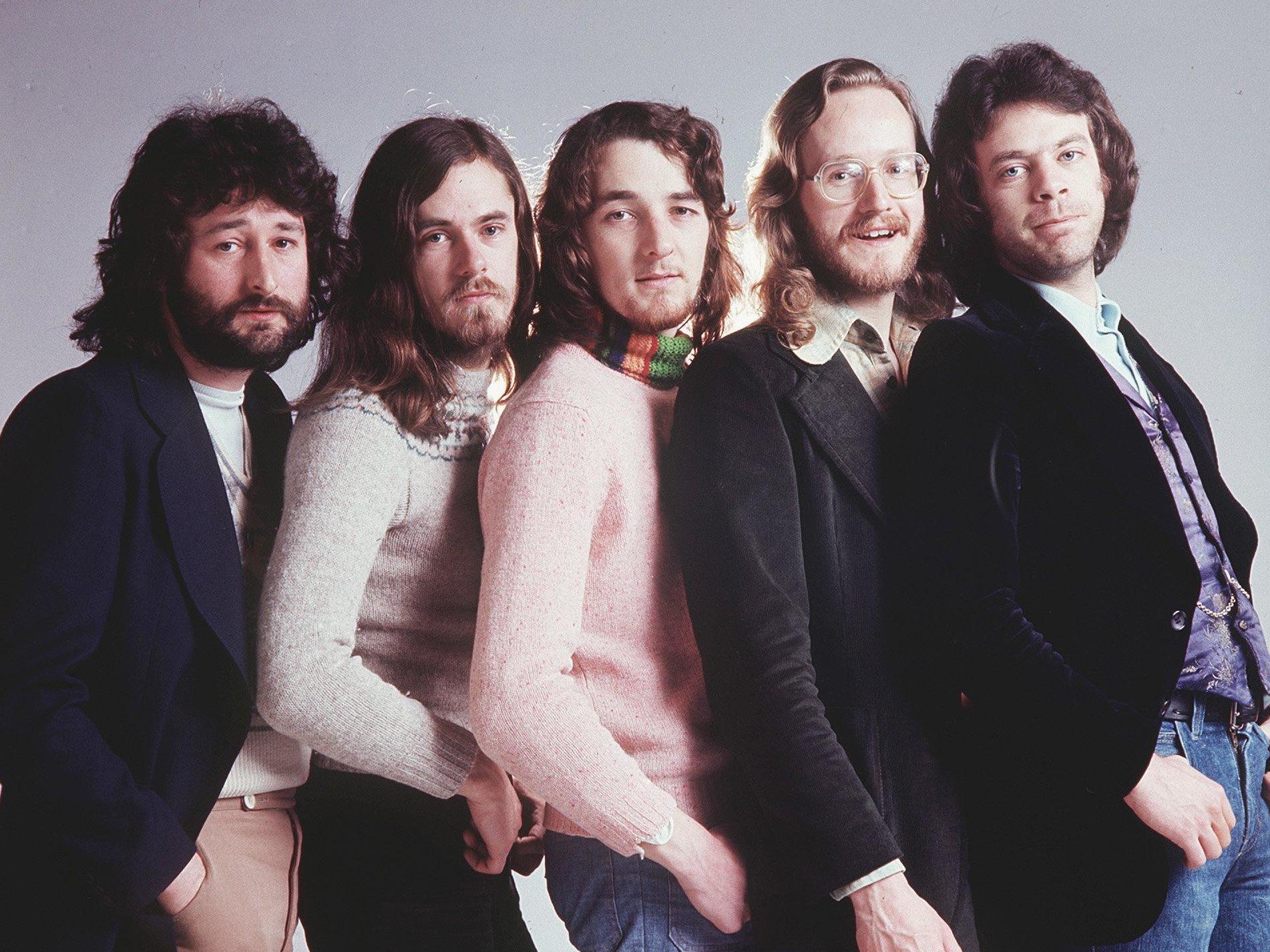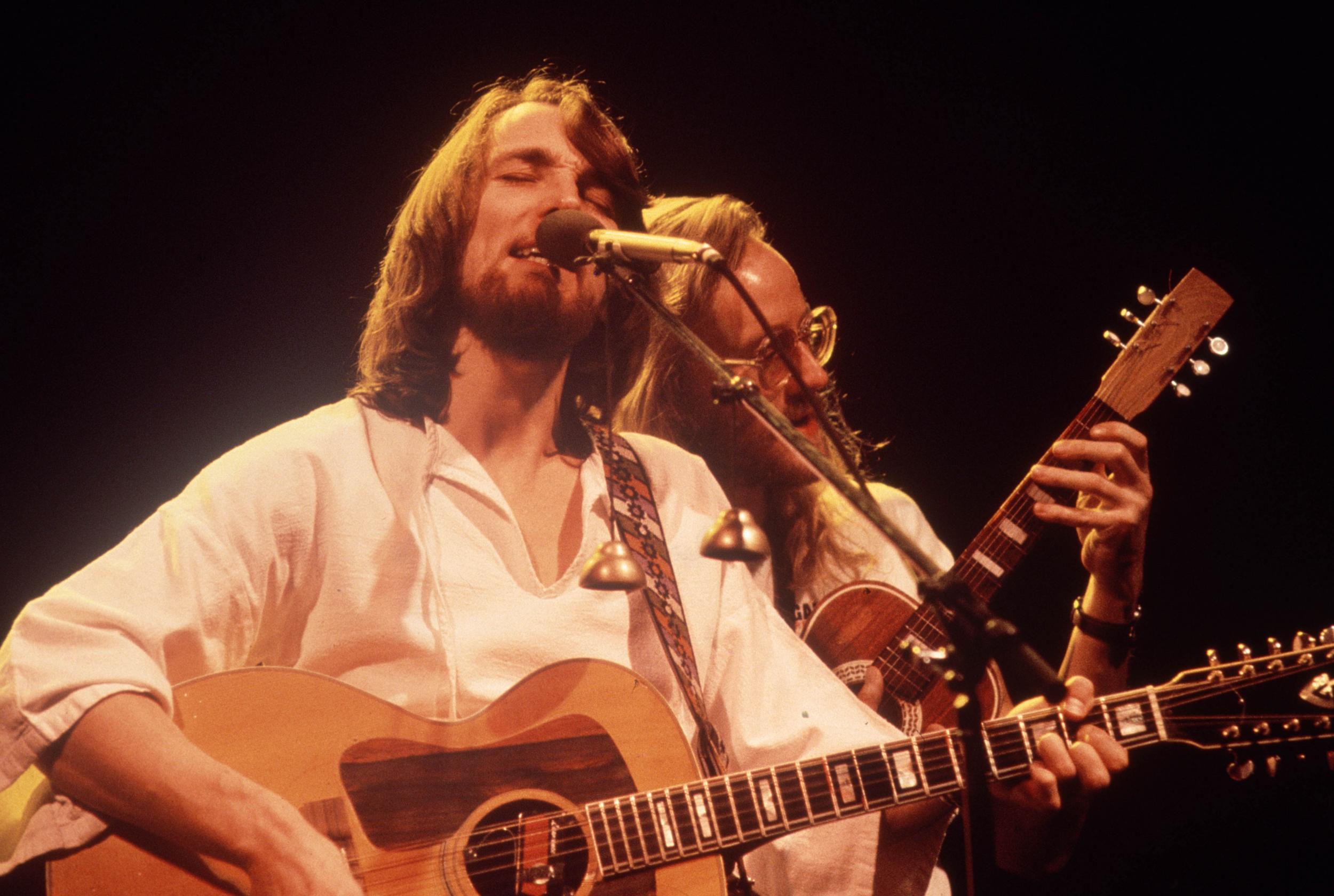Why Supertramp’s Breakfast in America goes beyond cheese
In the next of our writers’ personal odes to their favourite albums, Mark Beaumont remembers a record that pulled his teenage self out of a dark place and into melodic prog rock’s open arms

Your support helps us to tell the story
From reproductive rights to climate change to Big Tech, The Independent is on the ground when the story is developing. Whether it's investigating the financials of Elon Musk's pro-Trump PAC or producing our latest documentary, 'The A Word', which shines a light on the American women fighting for reproductive rights, we know how important it is to parse out the facts from the messaging.
At such a critical moment in US history, we need reporters on the ground. Your donation allows us to keep sending journalists to speak to both sides of the story.
The Independent is trusted by Americans across the entire political spectrum. And unlike many other quality news outlets, we choose not to lock Americans out of our reporting and analysis with paywalls. We believe quality journalism should be available to everyone, paid for by those who can afford it.
Your support makes all the difference.When I was young, it seemed that life was unbearable. I’ve never paid a therapist to confirm it but I suspect the correlation between my dad leaving when I was nine and the start of a solid decade of implacable self-loathing wasn’t entirely random. My wonderful mother found us a wonderful stepdad who brought us down from the mortality-grey council block into a house of our own, but still, for my entire teenage years, I hid in its box room, my skin blanched forever pale for never seeing sunlight.
And when I wasn’t making pathetic attempts on my own life I was plotting less pathetic ones. I changed my name in some fantastical hope it might erase me, make me someone new. But it was still just me, a 12-inch TV, a well-thumbed copy of Shakespeare’s Complete Works, a wired-up slab of the genius of Sir Clive Sinclair and my music – assorted early teen stuff, The Beatles, The Jam, Pink Floyd, ELO.
I have virtually no memories from before the age of 14. Blocked out, I assume to save myself the counselling bills, or not worth remembering. But one moment stands stark. During a late-night ad break, 1986, a song struck up, all tinkling synths and bittersweet sentiment: “Goodbye stranger, it’s been nice, hope you find your paradise…” The ad was for a greatest hits compilation, The Autobiography Of Supertramp. I’d never heard of the band, found the track’s title unfamiliar – “Goodbye Stranger”, the ad’s caption said – but dammit, I knew that song.
I knew the next one too, though I never listened to the radio – “The Logical Song”, with both a melody and a lyric that knew me back: “There are times when all the world’s asleep, the questions run too deep…” I knew all of the songs raced through on the advert, knew them intimately from the briefest snippets – “Dreamer”, “Take The Long Way Home”, “Breakfast in America”. Songs I’d never heard of, but with melodies embedded deep in my psyche, glowing like forgotten infatuations.
It took days of singing them to myself to realise that these were my dad’s favourite driving songs. Songs I hadn’t heard in half a lifetime.
I bought the compilation, and the rest of the catalogue too. I listened to them like on a Walkman, under the covers, like a secret. Scared, perhaps, of the wider tremors that these sunny Seventies falsettos might set off beyond my box room. Supertramp’s mid-Seventies albums like Crime of the Century, Crisis? What Crisis? and Even In The Quietest Moments seemed to bristle with the clash and contrast between Rick Davies’s gruff funk paeans and Roger Hodgson’s whimsical pop hooks.
But it was on 1979’s Breakfast in America where they truly gelled, their opposing sensibilities mingling into moments of pure euphoria on opener “Gone Hollywood” and closer “Child Of Vision”. Even at a time when the songwriting pair were becoming increasingly dislocated personally, Davies’s melodies began to rival Hodgson’s for catchiness and Hodgson’s impish, quasi-spiritual tunes felt utterly weightless. With the band’s shift to recording in LA, it all came drenched in the glare from the Sunset Boulevard tarmac, a world away from my drab corner of suburbia.
The cultural implications – the stench of the cheese, you might say – didn’t bother me. I’d popped my gig-going cherry that year watching Level 42 from a distant corner of Wembley Arena, so I had no counter-culture credibility to worry about. The fact that this record was practically a cackle in the face of punk and new wave – a bunch of British hippy longhairs who’d developed the melodic side of prog music into platinum-selling soft rock over a decade, selling millions of copies in a year that gave rock history awards to Costello, Blondie, Joy Division and The Clash – was irrelevant. Even by 1986, punk hadn’t reached many back bedrooms of Enfield. Being lightweight, hyper-polished and sentimental were its most redeeming features for a kid mired in concrete.

Fundamentally, though, Breakfast in America was a time capsule, a thread of connection to brighter days, 46 minutes of my childhood back with every spin. It sent me diving into my father’s record collection on bi-weekly visits looking for more nuggets of buried youth: I unearthed Peter Gabriel’s “Solsbury Hill”, Bat Out of Hell, Wish You Were Here. Breakfast in America wasn’t a life-changer, or an issue-solver – I was still some years off Pixies, Suede, Blur and the other records that would make a human being of me, and The Wedding Present’s Seamonsters would soon supersede it as my dark-hour lifeline. But it was proof enough for me that music saves lives.
I would never expect you, dear reader, to find the same joy and comfort in Breakfast in America as I do when I listen back to it now. I’d understand if you find the cod-spiritual imagery of “Child Of Vision” or “Lord Is It Mine” trite and mawkish, the California dreaming narrative of “Gone Hollywood” clichéd, the sax breaks cheesy, the melodies schoolyard, the bursts of bombast galling and pretentious, the rinky-dink title track unbearably irritating. They probably are; I just can’t hear any of that. For me, to this day, it’s sunlight.
Join our commenting forum
Join thought-provoking conversations, follow other Independent readers and see their replies
Comments